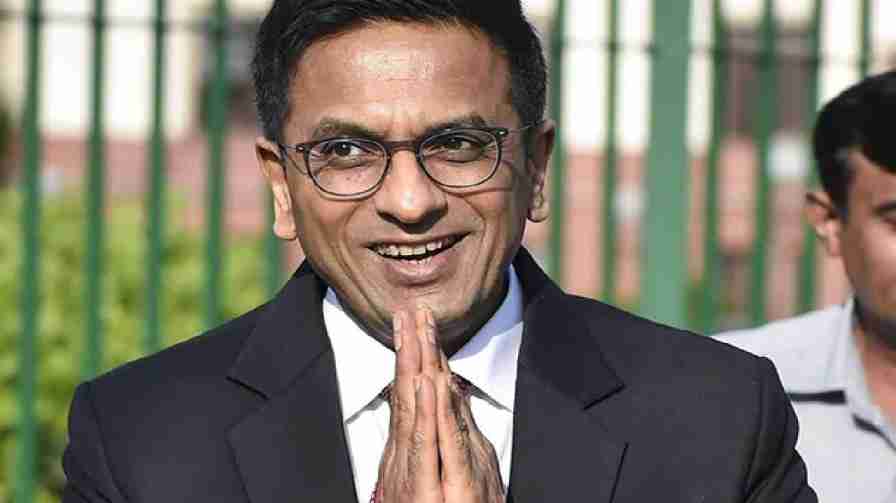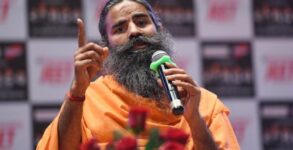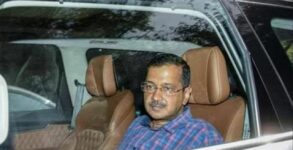On Tuesday, the Supreme Court objected the Sudarshan TV’s UPSC Jihad Show which talked about the entry of Muslims in All India Services after clearing the UPSC exams and made strong remarks about the same.
According to Justice Chandrachud, “This program was so insidious. Citizens from a particular community who go through the same examinations and get interviewed by the same panel. This also casts aspersions on the UPSC examination. How do we deal with these issues? Can this be tolerated?”
The UPSC Jihad show which was aired on August 28, 2020, had a communal angle on the entry of Muslims in UPSC exams. A petition was filed against the show and a bench of Justices looked into the matter. The show was hosted by Chief Editor Mr. Suresh Chavhanke. Today, the bench asked the Channel’s Senior advocate what is Suresh planning to do.
The justices also talked about the disadvantages of electronic media and what regulations can be made. According to the channel’s lawyer, the show was not communal but was made in the concern of national security.
Although, the top court did not stop the show which was aired on August 28 but issued notices to the Union of India, Press Council of India, News Broadcasters Association as well as Sudarshan News.
On drawing a survey of Indian Constitutional provisions, precedent, and international and comparative constitutional law, intervenors point out that the following propositions for consideration:
a. Offensive speech is distinct from hate speech;
b. The Constitutional protects offensive speech but does not protect hate speech. Penal provisional such as sections 153A & 153 B of the IPC must be interpreted in a manner that keeps the distinction between the two intact.
c. Offensive speech is simply speech that causes subjective feelings of offense or outrage and nothing more. Such speech may be ill-considered, unwise, and improper but it is not illegal.
d. Hate speech goes beyond subjective feelings of offense and objectively has the effect of undermining constitutional equality, sending a message that a person or a group of people are not worthy of equal concern of respect and are not equal members of society, or are fair game for discrimination, hostility or violence.
e. Determining hate speech, therefore, requires a contextual inquiry by judicial and other State bodies, looking (a) the actual words used, (b) the meanings that they carry for their intended recipients, (c) any history of similar language, (d) and the likely consequences.
f. Hate speech can be direct (calls to violence and discrimination), but it can also be indirect, through, insinuation, and what is popularly known as dog-whistling. This, therefore, requires judicial bodies to be sensitive to the nuances and specific histories of the speech in question.
g. The distinction between offensive speech and hate may be parsed with the help of the following examples:
i) Criticism, mockery, and ridicule of respected and revered religious or cultural figures may be offensive but it is not hate speech. Calling for a boycott of the members of a religious or cultural community or implying that they are violent by nature or unpatriotic by virtue of their community affiliation is hate speech.
ii) Mockery of religious beliefs or traditions may be offensive but it is not hate speech. Accusations of dual loyalties towards members of any faith – and suggestions of treachery by virtue of belonging to that faith – constitutes hate speech.
iii) Speech that has historically been inseparable from practices of oppression and subordination is hate speech (see eg. of this Hon’ble Court’s examination of the use of the word “chamar”, under the Prevention of Atrocities Act, in Swwaran Singh Vs. State).
After Jamia Millia Islamia students filed a petition against the show, the Delhi High court asked the Ministry of Information and Broadcasting to take the decision against the same. Later, the telecast was stopped. Delhi High court also questioned the trailer of the show which was communal. On September 10, the Centre observed the content and they allowed it to telecast.
On September 11, the show was aired on TV.

















